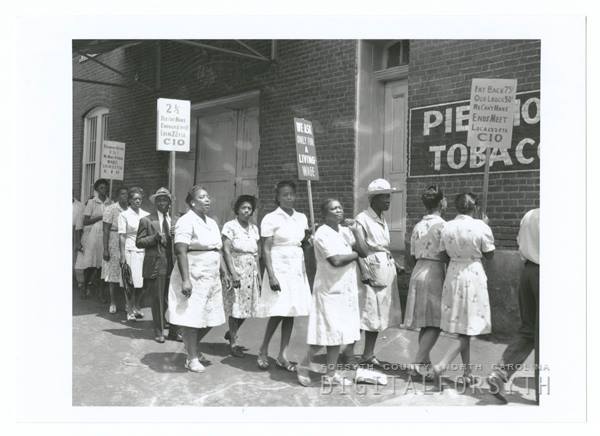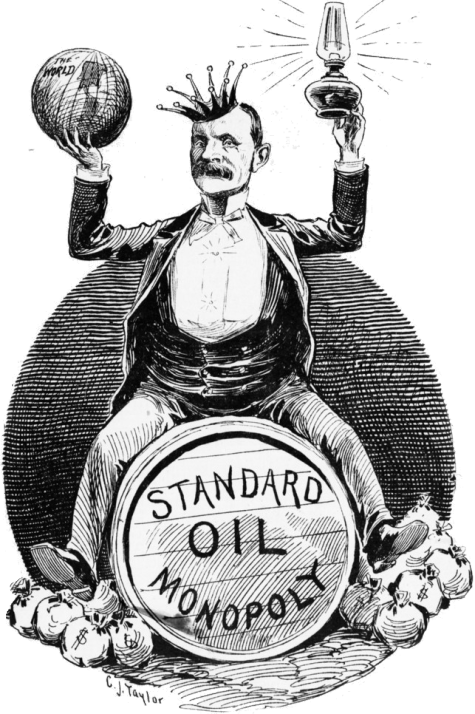Sherman Act 4 15 USC. Monopolizing trade a felony.
 Clayton Antitrust Act Of 1914 Wikiwand
Clayton Antitrust Act Of 1914 Wikiwand
The Clayton Act was amended again in 1976 by the Hart-Scott-Rodino Antitrust Improvements Act to require companies planning large mergers or acquisitions to notify the government of their plans in advance.
The clayton anti-trust act. The bill passed the House with an overwhelming majority on June 5 1914. Trusts in Territories or District of Columbia illegal. Trusts etc in restraint of trade illegal.
The Clayton Antitrust Act is comprised of 12 13 14-19 20 21 22-27 of Title 15. Prior to its enactment various states had passed similar laws but they were limited to intrastate businesses. Sherman Act 3 15 USC.
Sections 15c-15h and 18a compromise part of the Hart-Scott-Rodino Antitrust Improvements Act of 1976 Sec. In 1914 Congress passed the Clayton Antitrust Act. The act defines unethical business practices such as price-fixing and monopolies and upholds various.
Clayton Antitrust Act law enacted in 1914 by the United States Congress to clarify and strengthen the Sherman Antitrust Act. Some sections have been edited or eliminated because of space concerns. US History Review - YouTube.
The newly created Federal Trade Commission enforced the Clayton Antitrust Act and prevented unfair methods of competition. Sherman Act 1 15. The Clayton Antitrust Act is a piece of legislation passed by the US.
Sherman Act 2 15 USC. 1 -7. Clayton Antitrust Act 1914 passed by the US.
Note also that 13a 13b and 21a comprise the Robinson-Patman Price Discrimination Act 1936. The Clayton Antitrust Act was a federal law passed during the era of the Progressive Movement t o protect trade and commerce against unlawful restraints and monopolies. The Clayton Act also authorizes private parties to sue for triple damages when they have been harmed by conduct that violates either the Sherman or Clayton Act and to obtain a court order.
Combination a felony. It expanded and strengthened the provisions of the earlier Sherman Act allowing the government to more effectively restrict harmful business practices. The Clayton Antitrust Act revised the 1890 Sherman Antitrust Act and banned monopolistic practices by.
It was named for Senator John Sherman. Aside from banning the practices of price discrimination and anti-competitive mergers the new law also declared strikes boycotts and labor unions legal under federal law. Congress as an amendment to clarify and supplement the Sherman Antitrust Act Sherman Antitrust Act 1890 first measure passed by the US.
Congress to prohibit trusts. The Sherman Anti-Trust Act Explained. It provided a more precise definition of anti-competitive business practices and gave the government more power to enforce the law.
Whereas the Sherman Act only declared monopoly illegal the Clayton Act defined as illegal certain business practices that are conductive to the formation of monopolies or that result from them. History Project by Emily Carpentier Constantine Banez and Rachel Miyagawa. The Clayton Anti-Trust Act of 1914 was an addition to the Sherman Antitrust Act of 1890 that protected consumers against harmful anti-competitive business arrangements such as monopolies and cartels by defining prohibitions and an enforcement scheme.
Summary and Definition. Discussion of Price Discrimination. Sherman Antitrust Act 15 USC.
 Presidential Trivia On Twitter Otd In 1914 President Wilson Signed The Clayton Antitrust Act Https T Co 4eiwqor7mu
Presidential Trivia On Twitter Otd In 1914 President Wilson Signed The Clayton Antitrust Act Https T Co 4eiwqor7mu
 Oct 15 1914 Clayton Antitrust Act Enacted Zinn Education Project
Oct 15 1914 Clayton Antitrust Act Enacted Zinn Education Project
 Lad Blog 29 Clayton Anti Trust Act
Lad Blog 29 Clayton Anti Trust Act
 October 15 1914 Clayton Antitrust Act Is Signed Into Law Legal Legacy
October 15 1914 Clayton Antitrust Act Is Signed Into Law Legal Legacy
Wilson Clayton Anti Trust Act Against
 Clayton Anti Trust Act Youtube
Clayton Anti Trust Act Youtube
 Anti Trust Cartoon 1914 Ndaniel R Fitzpatricks Comment On The Clayton Antitrust Act An Amendment To The Sherman Antitrus Walmart Com Walmart Com
Anti Trust Cartoon 1914 Ndaniel R Fitzpatricks Comment On The Clayton Antitrust Act An Amendment To The Sherman Antitrus Walmart Com Walmart Com
 Antitrust Policy Regulation Antitrust Antimonopoly Laws Sherman Act
Antitrust Policy Regulation Antitrust Antimonopoly Laws Sherman Act